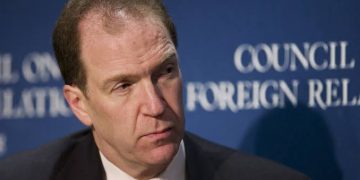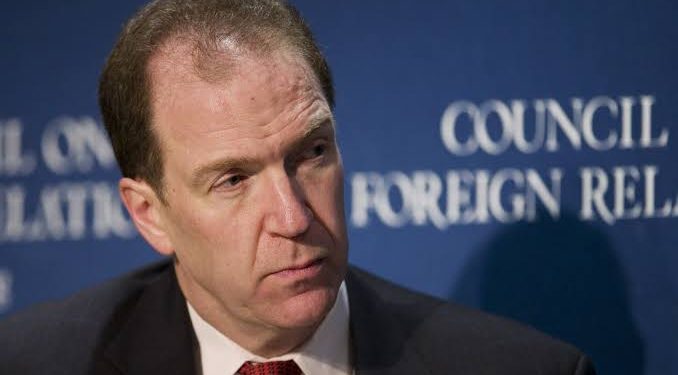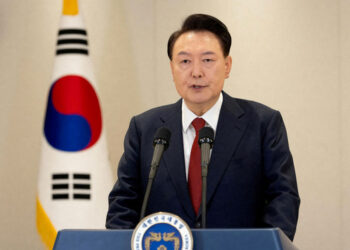By Emmanuel Nduka
David Malpass, President of the World Bank Group, has warned of global recession in the heat of the Russian-Ukraine war that has threatened food and energy, especially among developing countries.
Malpass issued the warning during a virtual chat titled, ‘The Way Forward: A Conversation with David Malpass and Masood Ahmed,’ which was held on Thursday, May 26, 2022
“There would be recessions in some countries, maybe many countries. The variables are how long is the war lasting with Russia and how does the world respond in terms of supplies. I am concerned about interest rate increases because we are running at a higher inflation rate. There are slowdowns in China and Europe and it is affecting developing countries,” he said.
In his chat with Masood Ahmed, President of the Center for Global Development, Malpass warned developing countries to stop subsidising energy, and look to safety nets for their citizens to thrive.
“Economics is really clear that what you don’t want to do is put a cap on the price spike. You want to let the price go up and try to cushion the costs on people. Countries need to avoid export controls that block exports from leaving their countries,” Malpass added.
The World Bank chief expressed displeasure with borrowing by many developing countries in Africa, in which Nigeria is not left out, noting that one “bad practice” developed countries used to milk developing economies of funds was the use of non-transparent contracts.
He accused many lenders of writing contracts with a non-disclosure clause that reduces accountability in the long run. One of the lenders he fingered of using the clause was China, which he alleged began the process in 2014.
Economic analysts had recently warned the Nigerian Government that the country risks losing key national assets to China in the event that it defaults in paying back loans obtained from the vulturous lender which is currently put at $3.48bn.
The warnings came against the backdrop of the possible take-over of Uganda’s only international airport and other key assets over the East African country’s inability to repay a $207m loan obtained on November 17, 2015 from the Export-Import Bank of China.
The loan has a maturity period of 20 years, including a seven-year grace period. According to the deal signed with the Chinese lenders, Uganda would have to surrender its only international airport after a default.
Heritage Times HT recalls that Nigeria’s former Minister of Transportation, Rotimi Amaechi in August 2020 hinted on the possibility of Nigeria forfeiting its assets to China in the event of a loan default.
Amaechi reportedly said Nigeria had waived immunity on a loan, which means China could take the country to arbitration in the event of a default in payback.
The Nigerian Government has continued to depend on borrowing to finance its budget for many years.
The President Muhammadu Buhari administration increased the Federal Government’s domestic debt to N19.24 trillion in December 2021 from N16.02 trillion in December 2020. The domestic debt stood at N8.39 trillion as at June 2015, a month after Buhari came to power during his first tenure.
According to statistics summed up by BusinessDay, Buhari increased the Federal Government’s external borrowing to $33.62 billion as of December 2021 from $28.73 billion a year earlier. The external debt of the federal and state governments stood at $10.32 billion in June 2015, according to the Debt Management Office.
An analysis of consolidated debt showed that the external debt increased by 291 percent while domestic debt grew by 86 percent in the last six years.




































